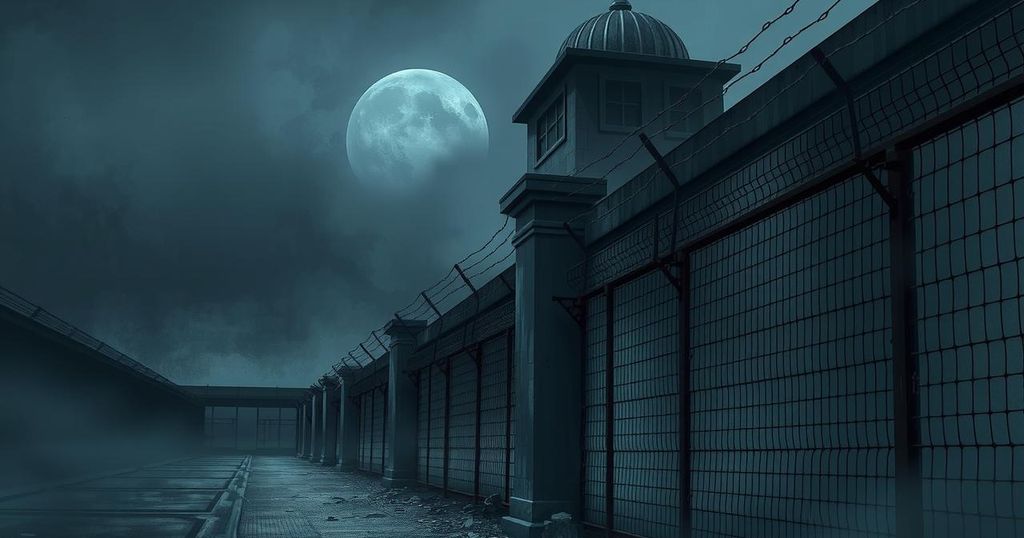Venezuelan Man with Serious Health Needs Deported to El Salvador Prison

- Wladimir Vera Villamizar underwent a pneumonectomy before his detention.
- His family’s anxiety grows as they have lost contact since March 13.
- Prison conditions raise significant concerns about inmate health care.
- Vera’s case highlights issues regarding immigrants’ due process rights.
- Medical experts warn about the risks of inadequate post-surgery care.
Vera’s Medical Crisis Before Detention Raised Alarm Bells
Concerns are growing over the fate of a Venezuelan man who recently underwent emergency surgery and is now imprisoned in El Salvador. Wladimir Vera Villamizar, a 33-year-old welder, faced a dramatic health crisis when he was detained after fleeing political turmoil in Venezuela. Reports indicate that after recovering from a severe tuberculosis infection, he arrived in the U.S. seeking asylum only to encounter further medical challenges during his time in immigration detention. This trajectory took a particularly dire turn when, post-surgery, he was deported and lost contact with his family entirely, raising questions about his current state of health.
Lack of Communication Heightens Family’s Anxiety
The situation has been alarming not just for his family but for medical professionals who believe that Vera’s removal of his lung places him at a serious disadvantage in the unforgiving environment of a prison. Mariela Villamizar, his mother, is desperate for updates, expressing concern that she has not heard from him since March 13. The prison where Vera is being held, called CECOT, operates under strict conditions, preventing inmates from accessing legal representation or communicating with their families. The U.S. Department of Homeland Security has defended the removal, stating that Vera had admitted to spending several years in a Venezuelan prison for murder charges, though his family disputes this and claims it was a false accusation.
Medical Experts Raise Concerns Over Prison Conditions
Tricia McLaughlin from the Department of Homeland Security claimed that Vera was in good health when deported; however, this contrasts with medical opinions on his post-surgery condition. Medical experts note that a pneumonectomy requires careful follow-up care and monitoring, and inadequate recovery efforts can lead to severe complications—something detainees at CECOT likely do not receive. The families of many detainees like Vera are not only grappling with the uncertainty of their loved ones’ conditions—many have chronic illnesses—but are also actively seeking assistance from organizations advocating for their rights. They fear that the conditions at CECOT could worsen their health or lead to dire consequences in the absence of adequate medical treatment. Legal advocates argue that previous criminal histories should not preclude these men from receiving proper medical attention.
Vladimir Vera Villamizar’s situation shines a light on broader issues within immigrant detention and deportation practices, particularly concerning individuals with urgent medical needs. His family remains in distress, struggling for information amid a communication blackout, while advocates highlight the risks posed to health for those detained in CECOT without appropriate care. As the legal battles continue, the intertwined complexities of immigration, health rights, and criminal history continue to shape this troubling narrative for Venezuelan families seeking refuge and justice.







